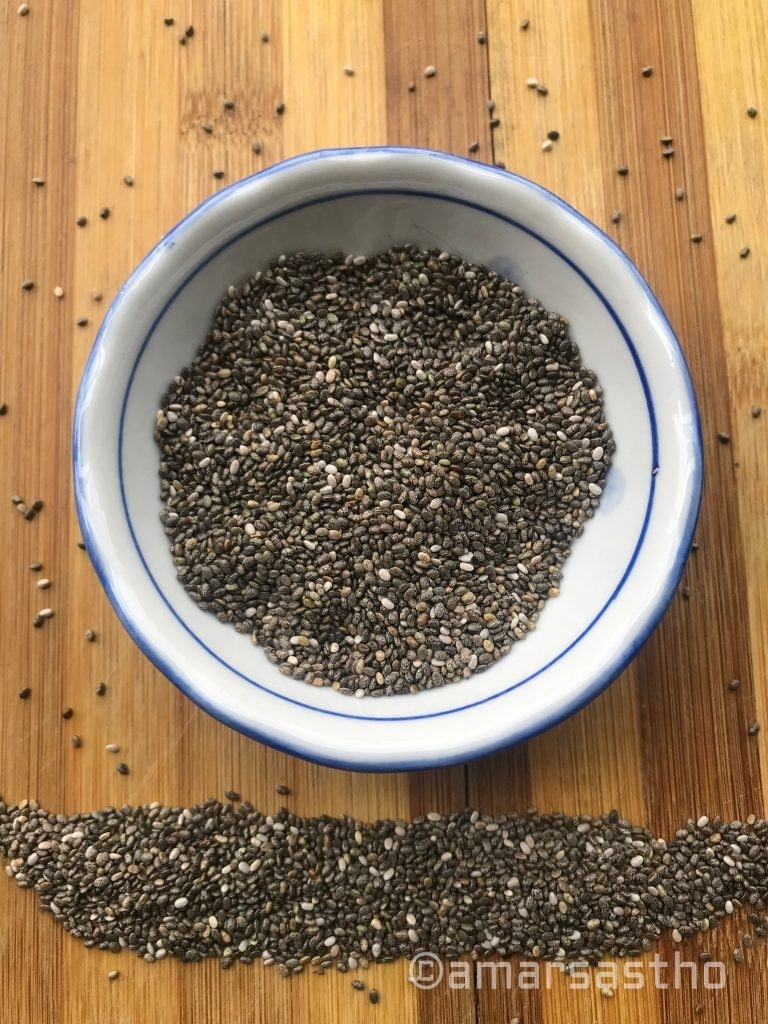Pancreatic cancer activates when abnormal cells in the pancreas grow and divide out of control and form a tumor. The pancreas is a gland located deep in the abdomen, between the stomach and the spine. It makes enzymes that help digestion and hormones that control blood-sugar levels. Organs, like the pancreas, are made up of cells. Normally, cells divide to form new cells as the body needs them. When cells get old, they die, and new cells take their place. Pancreatic cancer is aggressive with few symptoms until the cancer is advanced. Symptoms may include abdominal pain, weight loss, diarrhea, and jaundice. Treatments include surgery, chemotherapy, and radiation.
Pancreatic Cancer
Types of Pancreas Cancer
Pancreatic tumors are either exocrine or neuroendocrine tumors. This is based on the type of cell they start in. To know the type of tumor is important because each type acts inversely and responds to diverse treatments.
Near 93% of pancreatic cancers are exocrine tumors. The most common type of pancreatic cancer is adenocarcinoma.
Around 7 % of pancreatic tumors are neuroendocrine tumors that also called islet cell tumors. They often grow slower than exocrine tumors

Symptoms of Pancreatic cancer
Primarily, pancreatic cancer have a tendency to be silent and painless as it grows. By the time it is large enough to cause symptoms, pancreatic cancer has generally grown outside the pancreas.
Because of the location of the pancreas in the body, symptoms include:
- As pancreatic cancer blocks duct that releases bile into the intestine the ingredients of bile build up in the blood. This turns the skin and the eyes yellow, a condition called jaundice. The same blockage causes dark urine, light colored stools, and itching.
- Abdominal pain. Pancreatic cancer can cause a dull ache in the upper abdomen radiating to the back. The pain may come and go.
- Back pain.
- Some people with pancreatic cancer have a sense of early fullness with meals or an uncomfortable swelling in the abdomen.
- Feeling Nausea.
- Vomiting often.
As it grows and spreads, pancreatic cancer affects the whole body.
Such symptoms can include:
- Significant Weight loss
- Loss of appetite.
- Raised blood sugars. Some people with pancreatic cancer develop diabetes as the cancer damages the pancreas’ ability to produce insulin in the body
Risk Factors
Age:
The risk of developing pancreatic cancer increases with age. Most people who develop pancreatic cancer are older than 45. In fact, 90% are older than 55 and 70% are older than 65. However, adults of any age can be diagnosed with pancreatic cancer.
Gender:
More men are diagnosed with pancreatic cancer than women (see Statistics).
Smoking:
People who smoke are 2 to 3 times more likely to develop pancreatic cancer than those who do not.
Obesity:
Regularly eating foods high in fat is a risk factor for pancreatic cancer. Research has shown that obese and even overweight men and women have a higher risk of being diagnosed with and dying from pancreatic cancer.
Diabetes:
Many studies have showed that diabetes, especially when a person has had it for many years, increases the risk of developing pancreatic cancer.
Family history:
Pancreatic cancer may run in the family or may be linked with genetic conditions that increase the risk of other types of cancer. This is called familial pancreatic cancer.
Prevention of Pancreas Cancer
Natural Prevention:
Few studies show that diet and lifestyle changes may help to reduce the risk factors of getting Pancreas Cancer. Foods that contain fiber, anti-oxidant, anti-inflammatory properties, omega-3 fatty acid, essential minerals, anti-cancerous elements can prevent Pancreas cancer.
We can easily find these anti-cancerous foods at our near stores. We must maintain a healthy diet consists of lots of green vegetables, nuts, healthy seeds, few essential herbs and fruits in our daily diet chart. Healthy diet and disciplined life is very important to be fit and healthy.
Regular consumption of such foods like pomelo fruit; special herbs like Ashwagandha stick, raw turmeric, basil leaf; healthy seeds like chia seeds, Basil Seeds and healthy vegetables like Mushroom, Pumpkin, Cauliflower, Cabbage, Capsicum/Bell pepper may help to reduce the risk factors of pancreas cancer.
Lifestyle and other important factors that plays important role in pancreatic cancer prevention:
- Stop smoking and drinking alcohol.
- Maintain a healthy weight.
- You must exercise regularly.
- Regular checkup is very important too.












